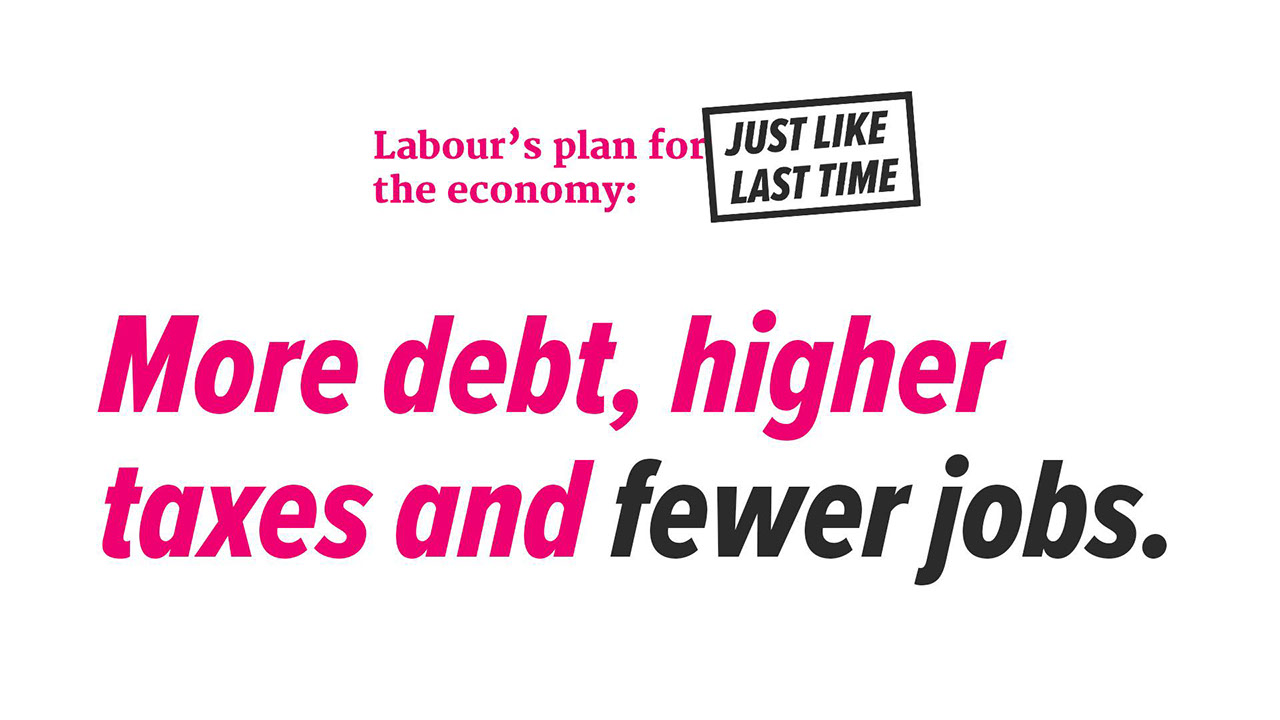We’re ending low pay in work
People’s hard work and talents should be rewarded fairly. That has long been a key principle of Conservative government.
We have made huge strides in the last few years boosting wages and cutting taxes. But there is still more that we can do.
That’s why we’re ending low pay, by setting a new target for the National Living Wage to reach two-thirds of median earnings over the next five years, and extending that wage to all workers aged 21 and older.
We have a history of tackling low pay

Since 2010, we have been focussed on helping the economy recover and expand, as we know a strong economy means more, better paid jobs. And we know that low taxes and high wages means more money in people’s pockets.
That’s why we introduced the National Living Wage in 2016. The introduction of the National Living Wage delivered the fastest pay rise for the lowest earners in almost 20 years. On 1 April we increased the National Living Wage by 4.9%, to £8.21 an hour. That means more money for people all across the United Kingdom.
How our new policy will end low pay
At Conservative Party Conference 2019, Sajid Javid announced that we will end low pay by setting a new target for the National Living Wage to two-thirds of median earnings over the next five years.
That benefits over 4 million workers by giving a pay rise of over £4,000 to the average full-time worker on the National Living Wage. We’re doing this because we back hardworking families in every part of the country.
The new wage will also be extended to workers aged 21 and over, within five years. It starts with an extension to workers aged 23 and over from April 2021.
Together, and based on the latest projections, these announcements mean that the National Living Wage is set to be £10.50 in 2024. By 2024, a full-time worker on the National Living Wage will see an increase in their annual pay of over £4,000 a year compared to the earnings of a full-time worker on the current National Living Wage.
Labour’s tax plans would put higher wages at risk

Labour would put up taxes to the highest level in peacetime history and have consistently opposed our measures to help people with the cost of living, which will save people £7,800.
Labour have also proposed a series of gift tax plans which will effectively skyrocket inheritance tax by £9 billion and make it harder for pass on your hard-earned money to your family, according to figures by think tank the Resolution Foundation. And Labour’s housing policy proposes new taxes on households that will cost you on average £375 a year.
Higher taxes means less money in everybody’s pockets, and a weak economy risks the higher wages that we have so carefully grown over the last decade. Only a Conservative economic policy keeps our economy strong. A Labour economic policy puts it at risk.